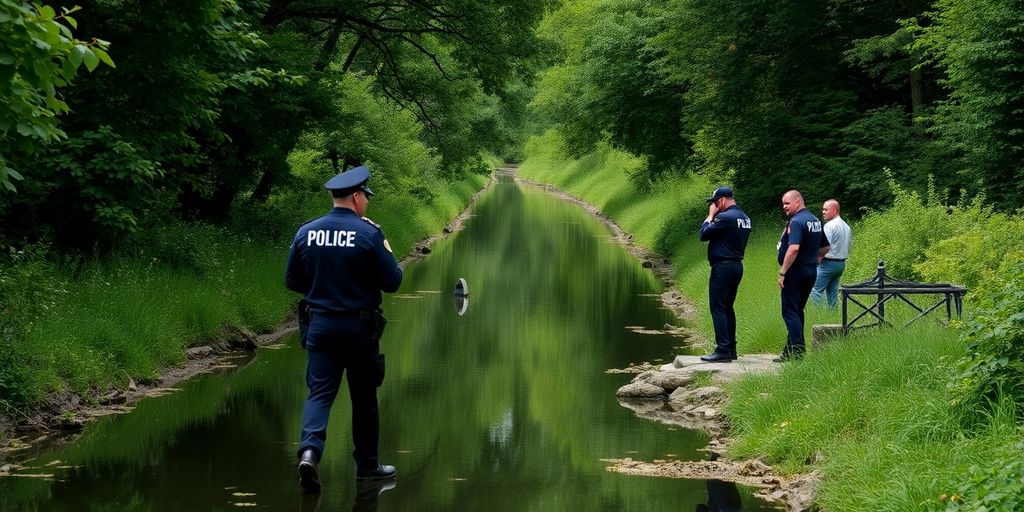Serbia is currently investigating an explosion that damaged the Ibar-Lepenac canal, a critical waterway for Kosovo, amid escalating tensions between the two nations. Kosovo’s Prime Minister Albin Kurti has accused Serbia of orchestrating the attack, labeling it a "criminal-terrorist act," while Serbian officials vehemently deny any involvement, calling the accusations baseless. The incident has heightened security concerns in the region, prompting both countries to bolster their defenses around vital infrastructure.
Key Takeaways
- An explosion on the Ibar-Lepenac canal has disrupted water supplies in Kosovo, leading to accusations against Serbia.
- Kosovo’s government has labeled the incident a terrorist attack, while Serbia insists on an impartial investigation.
- The situation has led to increased security measures in both Kosovo and Serbia, particularly around critical infrastructure.
Background Of The Incident
On November 29, 2024, an explosion occurred at the Ibar-Lepenac canal in the municipality of Zubin Potok, Kosovo. This canal is essential for supplying water to Kosovo’s two main coal-fired power plants, which are crucial for the country’s energy production. The blast has raised alarms about potential power shortages as winter approaches.
Kosovo’s Prime Minister Kurti stated that the explosion was a deliberate act aimed at destabilizing the region. He accused Serbian President Aleksandar Vucic and other Serbian officials of orchestrating the attack, claiming it was part of a broader strategy to incite fear among the population in northern Kosovo.
Serbia’s Response
In response to the allegations, Serbian officials, including Foreign Minister Marko Đurić, have called for a thorough investigation under international supervision. They assert that Serbia had no prior knowledge of the incident and that the accusations are unfounded. President Vucic has stated that Serbia is committed to cooperating with international partners to uncover the truth behind the explosion.
Security Measures Intensified
Following the explosion, Kosovo’s Security Council convened to discuss the implications of the attack. They approved measures to enhance security around critical infrastructure, including water systems, power facilities, and bridges. The Kosovo police have been deployed to the affected areas to ensure safety and prevent further incidents.
Broader Implications
The incident has exacerbated already strained relations between Serbia and Kosovo, which declared independence from Serbia in 2008. The ongoing tensions are rooted in historical grievances and territorial disputes, with Serbia refusing to recognize Kosovo’s sovereignty. The explosion has drawn international attention, with calls for restraint and dialogue from various global leaders.
As both nations navigate this precarious situation, the potential for further escalation remains a concern. The international community is closely monitoring developments, urging both sides to engage in constructive dialogue to resolve their differences peacefully.
Conclusion
The explosion at the Ibar-Lepenac canal serves as a stark reminder of the fragile state of relations between Serbia and Kosovo. As investigations unfold and security measures are heightened, the hope for a peaceful resolution to the ongoing tensions remains critical for the stability of the region.
Sources
- Serbia insists on investigation into sabotage on Ibar-Lepenac canal, Влада Републике Србије.
- Kosovo accuses Serbia of orchestrating explosive attack on vital water canal, N1.
- Serbia’s Vucic Says Probe Launched Into Explosion Kosovo Blames On Belgrade, Radio Free Europe/Radio Liberty.
- Kosovo blames Serbia for blast at key water canal as tensions escalate, France 24.
- Kosovo, Serbia trade blame for EU-dubbed ‘terrorist attack’ on canal – Euractiv, Euractiv.






